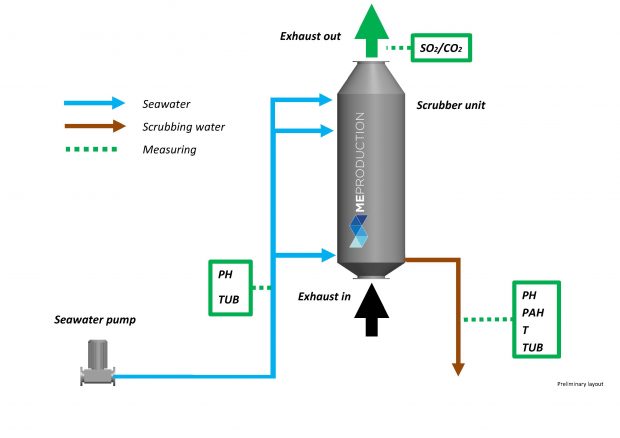Verity sank southwest of Helgoland, Two of the seven crew rescued
25 October, 2023

Two of the seven crew members on board the British-flagged ship were rescued. Two sea rescue cruisers from the German maritime search and rescue service, a German navy helicopter and a water police boat were used in the search efforts, the rescue service said.
Rescue divers had attempted to find signs of life in the wreck but said they were hampered by difficult conditions.
The German Central Command for Maritime Emergencies said conditions around the wreck were “very difficult”, with visibility of only one to two metres, and that strong currents had hampered rescue efforts before they were called off.
Rescue efforts were suspended on Tuesday night and would not be resumed, the rescue service said.
[October 24 2023 ]
A BRITISH general cargoship capsized and sank in the North Sea with several people missing, German authorities said.
The 2001-built, Isle of Man-flagged, 3,360 dwt Verity (IMO: 9229178) and much larger, 38,056 dwt, bulk carrier Polesie (IMO: 9488097), built in 2009, collided about 14 miles southwest of the island of Helgoland and 17 nautical miles northeast of the island of Langeoog, in the North Sea, around 0500 hrs, today, according to the central command for maritime emergencies.

[September 30 2019 Ship washwater from exhaust gas cleaning systems challenged ]

More than $12bn (£9.7bn) has been spent on devices, known as open-loop scrubbers, which extract sulphur from the exhaust fumes of ships that run on heavy fuel oil. but dumping the sulphur into the sea [“washwater from exhaust gas cleaning systems”] instead of the air, enabling ships to still use heavy fuel oil. A total of 3,756 ships, both in operation and under order, have already had scrubbers installed according to DNV GL, the world’s largest ship classification company.
Only 23 of these vessels have had closed-loop scrubbers installed, a version of the device that does not discharge into the sea and stores the extracted sulphur in tanks before discharging it at a safe disposal facility in a port.
Under IMO regulations, ships are permitted to use open-loop scrubbers as what they call “equivalents”. These are defined as: “Any fitting, material, appliance or apparatus to be fitted in a ship or other procedures, alternative fuel oils, or compliance methods used as an alternative to that required.”